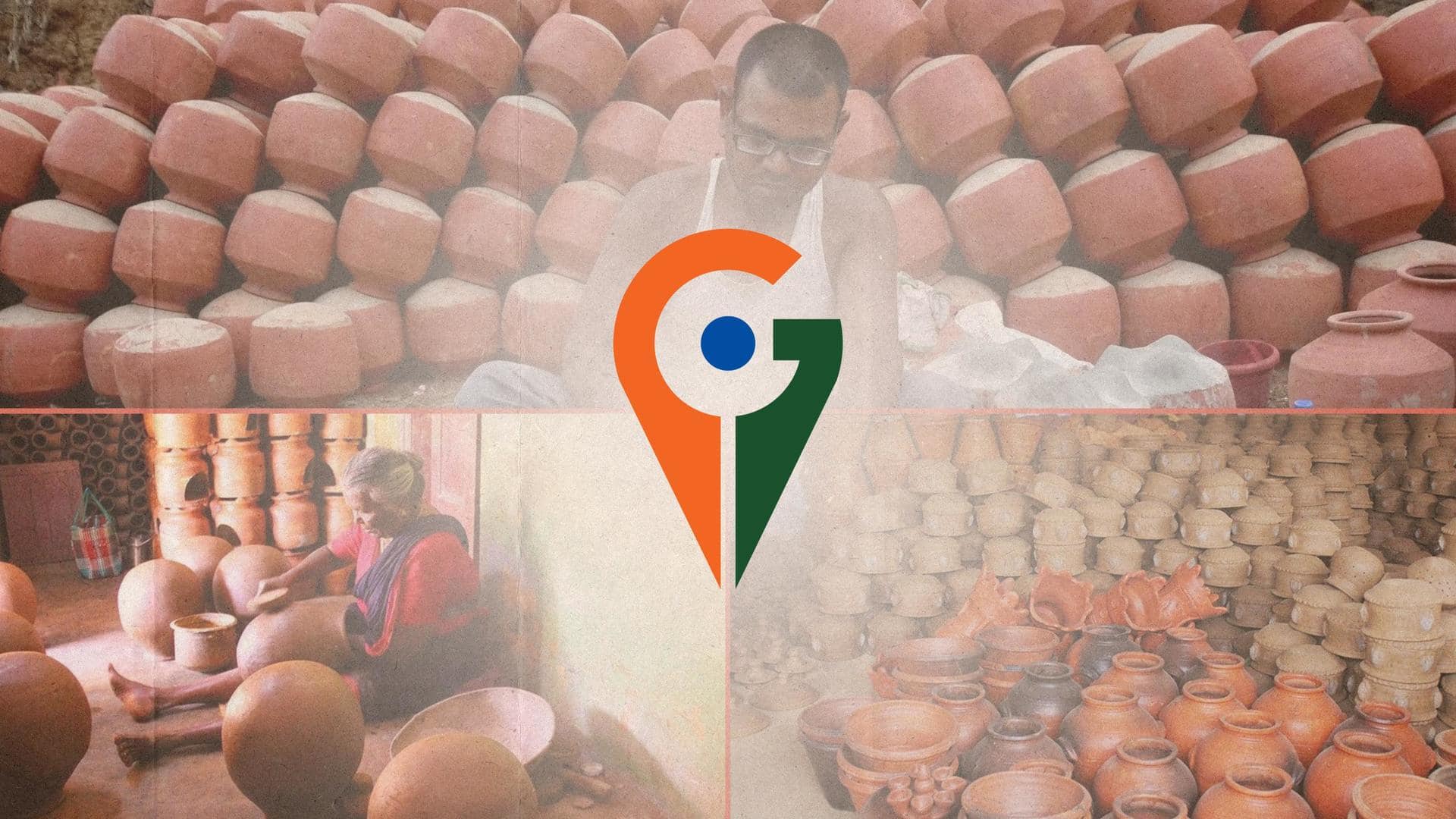
What makes Manamadurai pottery from Tamil Nadu special
What's the story
Recently Manamadurai in Tamil Nadu got global recognition with the GI tag (Geographical Indication) for its unique pottery. The label protects the imitation of the pottery and guarantees authenticity.
Made by the locals of Manamadurai in the Sivagangai district, the pottery is popular for its special process, features, and high quality.
Let us understand its making and other features.
Concept
What is special about Manamadurai pottery?
Made from mud and water primarily, it is the right proportion of mud, clay, and heating that makes the pot strong.
The Vaigai River which runs through the Manamadurai village enriches the clay which is used in pottery making.
Making these pots demands skill since the bottom must be exactly round. Similarly, the pot's circumference and neck should be proportionate.
Elements
A mix of five natural elements
The five natural elements of earth, water, fire, sun, and air are amalgamated to create these pots. The potters credit the uniqueness of this combination.
Clay, which represents earth is combined with water. This is then baked in fire. Air is that which passes through the pores in the clay pot and the space is represented by the hollow surrounded by the pot.
Process
How are the pots made?
Sand is added to the clay mixture to improve the quality of the pottery. Elements such as lead, graphite, calcium lime, sodium silicate, iron, etc. are also added to the mixture.
The ingredients are sourced from the water bodies of Nedunkulam, Nathapurakki, Sundaranadappu, and Seikalathur. This is then dried for two days and then sieved.
Once sieved, the slurry is mixed with the sand.
GI products
Other GI-tagged products from Tamil Nadu
Apart from the Manamadurai pots, 10 other products were identified by the Geographical Indications Registry recently.
These include Manapparai murukku, Salem sago, Authoor betel leaf, Negamam cotton sari, Myladi stone carvings, Thaikkal Rattan craft, Cumbum Panner Grapes, Ooty Varkey, the Sholavandan betel leaf and the Marthandam honey.
With this, Tamil Nadu will have a total of 56 products with GI tags.